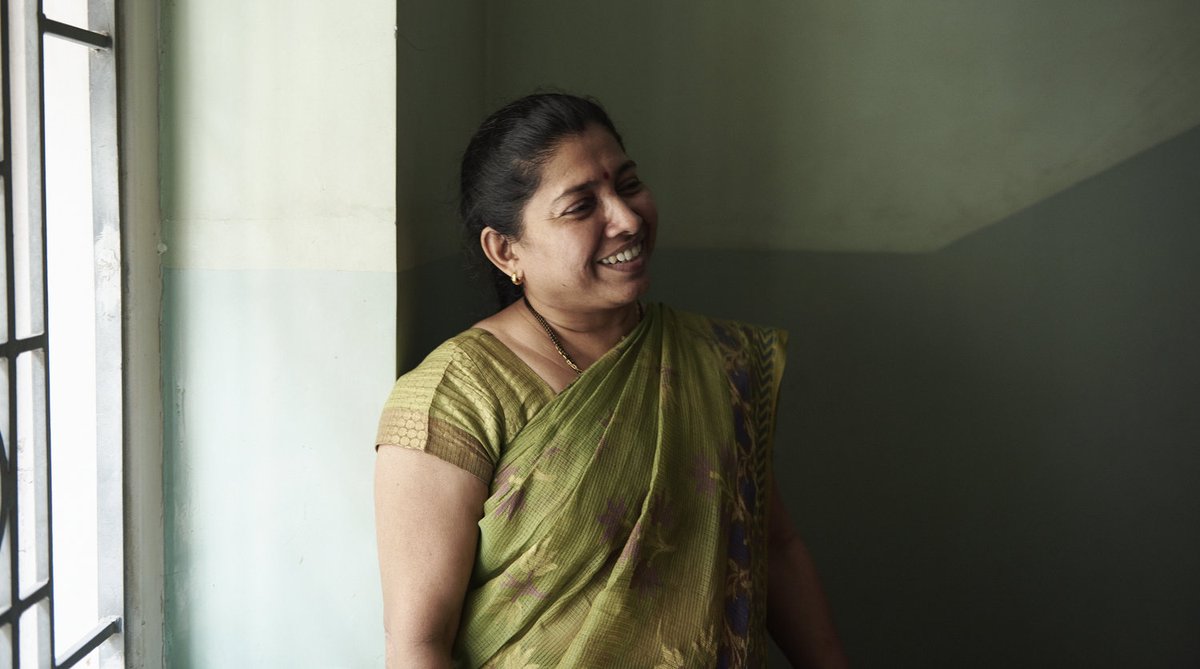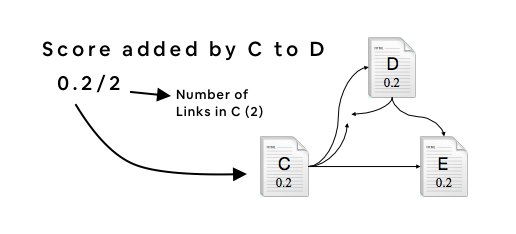In some rural villages, not all tribal elders are pro-TB & some are pro-Kabul Regime (KR). (recall the son who is TB & father KR)
In this Tweet, Andrew's inquiry led me to reflect.
During my time in the Taliban, I wondered how the issue of tribal interplay will be solved.
I will provide a basic synapsis & some thoughts & examples.
Taliban often try to score political points by claiming they're not against women's education; that it's "the people" who don't want it. Why does a group that imposes its rule need "the people's" approval for anything?
— Andrew Quilty (@andrewquilty) December 30, 2020
In some rural villages, not all tribal elders are pro-TB & some are pro-Kabul Regime (KR). (recall the son who is TB & father KR)
Though the TB do sustain control, in some cases, due to the cultural context, they wont override an elder's position. Why?
Here's an example. Suppose Bobzai is a tribal elder
Though the TB maintain control over the area, if Bobzai orders his son that I don't want my daughters to leave the home,
Although, Islamically, the son is correct that his sisters should be allowed in school.
Yet, in this case, culturally, to save "face", the son may keep the dispute hidden.
Yet every discussion needs a time & place. This cultural issue is also prevalent in Kabul & other areas.
For ex., PTM with Pashtun nationalism, yet in Pashtunwali, what are women inheritance rights?
None.
Do I believe that a rural village that is being droned, bombed & air-struck non-stop, that their main focus is convincing Elders on women/men's education at this moment of time?
No. (except for me & Khalid)
Recall Mullah Umar (RH) issuing Edict 104 where one of the first times in Afghan modern history, women were not forced to marry their widow's brother as it is commanded in Pashtunwali.
For example in Logar, a tribal elder passed away & the sons refused to share the sale of the land with the sister.
She approached the Taliban & asked for help.
3 days later, her brothers apologized & gave her share of the land sale.
It really is a case by case analysis in this regard.
Explicit ruling mandates the Taliban to abide by the Quran & Sunnah.
This is similar in the U.S.
You have the orthodox Jews who solve their disputes amongst their community, refusing to go to courts.
It is non-existent in that regard as the Quran & Sunnah is the explicit Taliban policy.
Yet in some areas, an Imam could solve a dispute & may not inform the Taliban of whether he took culture into context.
Though they have control over that village, they may not interfere in some cultural customs.
Yet every society has their cultural customs to account for & requires time.
We are engaging in a remote area with Elders whose thought process cannot be forced to accept on one go.
This is where the Dawah occurs. Elders require time to adjust to the world we live in.
Rome was not built in a day.
The Taliban don't need to score political points.
The IEA maintains an Islamic system at its core based on the Quran & Sunnah.
We have been working to resolve these fringe issues.
Unfort., we were invaded by 140 countries in the process, so there is a slight delay.
For many, Pashtunwali is all they know to keep going.
As mentioned some tribal elders in remote parts of Paktia/Waziristan do not see women's/men's education as a top priority.
When you read about a family that is droned or killed, even if it is 1 person.
You have to now accept the possibility, that you are now at war with that entire village.
Sometimes, they are not as educated & still follow cultural customs.
More from Society
You May Also Like
MDZS is laden with buddhist references. As a South Asian person, and history buff, it is so interesting to see how Buddhism, which originated from India, migrated, flourished & changed in the context of China. Here's some research (🙏🏼 @starkjeon for CN insight + citations)
1. LWJ’s sword Bichen ‘is likely an abbreviation for the term 躲避红尘 (duǒ bì hóng chén), which can be translated as such: 躲避: shunning or hiding away from 红尘 (worldly affairs; which is a buddhist teaching.) (https://t.co/zF65W3roJe) (abbrev. TWX)
2. Sandu (三 毒), Jiang Cheng’s sword, refers to the three poisons (triviṣa) in Buddhism; desire (kāma-taṇhā), delusion (bhava-taṇhā) and hatred (vibhava-taṇhā).
These 3 poisons represent the roots of craving (tanha) and are the cause of Dukkha (suffering, pain) and thus result in rebirth.
Interesting that MXTX used this name for one of the characters who suffers, arguably, the worst of these three emotions.
3. The Qian kun purse “乾坤袋 (qián kūn dài) – can be called “Heaven and Earth” Pouch. In Buddhism, Maitreya (मैत्रेय) owns this to store items. It was believed that there was a mythical space inside the bag that could absorb the world.” (TWX)
1. LWJ’s sword Bichen ‘is likely an abbreviation for the term 躲避红尘 (duǒ bì hóng chén), which can be translated as such: 躲避: shunning or hiding away from 红尘 (worldly affairs; which is a buddhist teaching.) (https://t.co/zF65W3roJe) (abbrev. TWX)
2. Sandu (三 毒), Jiang Cheng’s sword, refers to the three poisons (triviṣa) in Buddhism; desire (kāma-taṇhā), delusion (bhava-taṇhā) and hatred (vibhava-taṇhā).
These 3 poisons represent the roots of craving (tanha) and are the cause of Dukkha (suffering, pain) and thus result in rebirth.
Interesting that MXTX used this name for one of the characters who suffers, arguably, the worst of these three emotions.
3. The Qian kun purse “乾坤袋 (qián kūn dài) – can be called “Heaven and Earth” Pouch. In Buddhism, Maitreya (मैत्रेय) owns this to store items. It was believed that there was a mythical space inside the bag that could absorb the world.” (TWX)




















